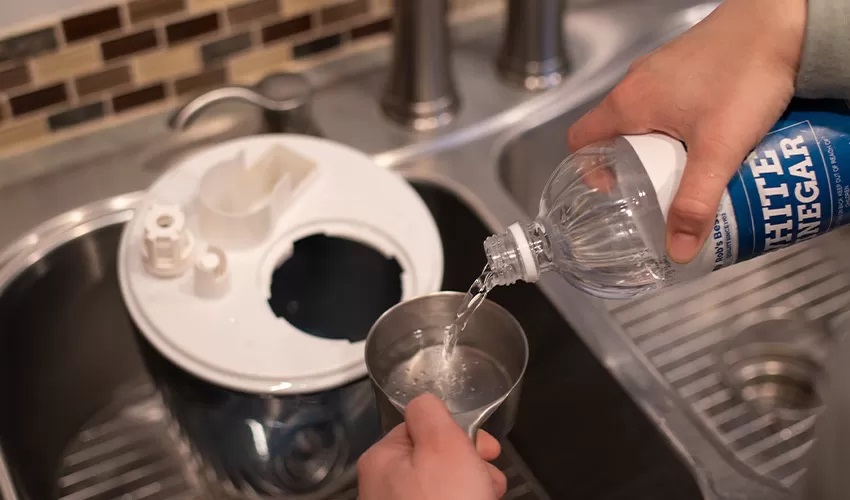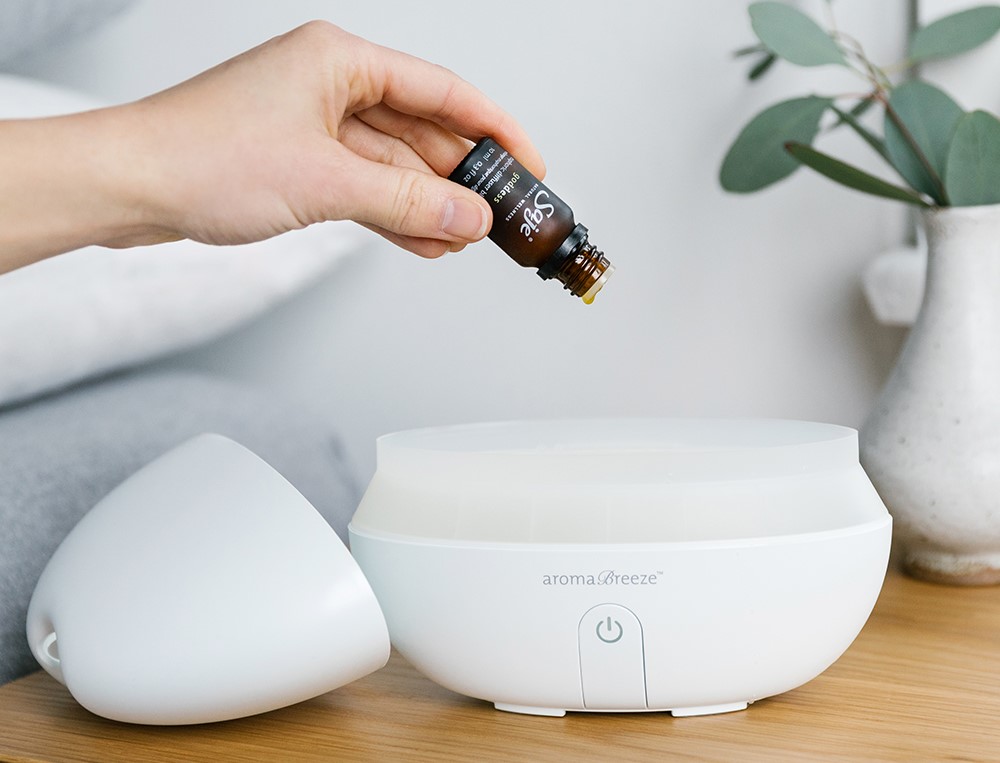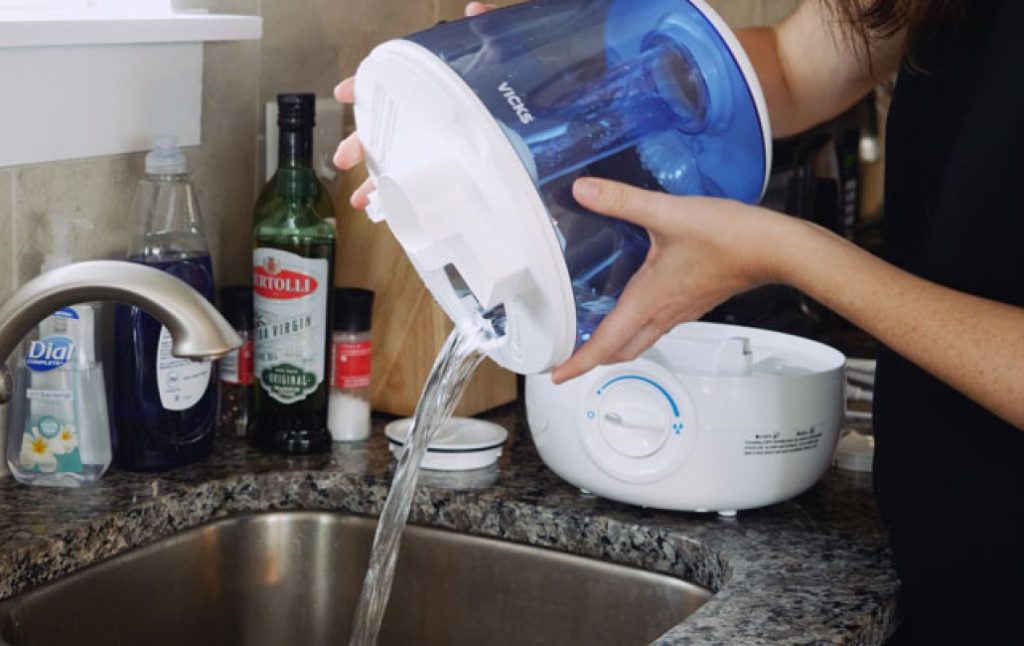

When the temperatures around the home start to increase, you might see some changes in your house. These might be in the form of a strange smell or having foggy windows. Or you might be chilling in a room and you start sweating and feeling hot even though you haven’t engaged in any exercise. You might also notice that there are damp spots on your walls and mold in the shower. All of these are likely the result of humidity. And when this happens, you might wonder “why is my house so humid?” Well, if you face issues with too much humidity in the house, then this article is for you.
Here we consider some of the reasons why your house might be so humid. We will also consider steps that you can take to solve this issue in the house. Furthermore, we highlight all that you need to know about air quality, including humidity, in your home. Read on to find out information that will prove very useful.
Before we concern ourselves about why your house is so humid, we need to know what high humidity is. If you live in a warm, wet part of the world, you probably have an idea of what humidity is and the effect it can have.
However, you might have spent years confusing heat with humidity. So, what, exactly, is humidity?
In the simplest of terms, humidity refers to the amount of water vapor in the air. That means that when the air retains a larger amount of water vapor, you will have a higher level of humidity in the air. If the air does not retain plenty of vapor, the air will feel dry.
For most people, the perfect humidity level is when there is low humidity. It should be right in the middle, not too low or too high. If there is too low humidity in the air, you might feel very uncomfortable and even short of breath. It should also not be too high, as very few people prefer high humidity levels. As with when humidity is too low, excessive humidity can also pose certain complications.
Now that we have defined what humidity is, how can you know if there is excess humidity in your home?
You certainly cannot go around the house with a humidity meter all the time, so you need to find an alternative way of gauging whether the
humidity
Trusted Source
What are the main ways to control moisture in your home? | Mold | US EPA
Water in your home can come from many sources. Water can enter your home by leaking or by seeping through basement floors. Showers or even cooking can add moisture to the air in your home.
www.epa.gov
of your home is too high. In this section, we consider some of the more popular signs that will let you know that the humidity in your home is excessive. Some of the more common signs have been mentioned in the introduction of this article like a heavy, wet atmosphere, foggy windows, clammy feeling, and odd, musty smells. Here are other specific ways to know when the humidity is too high:
When the humidity in your home is above the normal level, you will start to feel rather uncomfortable. Apart from feeling clammy and hot, there are other undesirable effects from humidity, ranging from the minute to the severe. Here are some of the problems that might result from excess humidity in the home.
It is rather ironic that an excess of moisture in the air can lead to dehydration in the body. As humidity increases around the home, it becomes harder for the skin to remain cool. When you sweat, the body cools when this sweat evaporates on the skin. However, when there is too much moisture in the air, there is simply nowhere for the sweat to go. The failure to evaporate correctly will make the body hotter, which will release more sweat.
Excessive sweating will cause dehydration in the body.
The body, to cool down, will start engaging other mechanisms like changing blood flow and increasing respiration. All of these can cause you to be dehydrated. It can even lead to other issues like respiratory problems, fatigue, cramps, and so on.
Since you do not feel comfortable, you will likely find it hard to sleep. Excess humidity, many researchers have claimed, is a cause of sleep issues. Since the air feels wet and clammy, you will find yourself uncomfortable through the night, which will affect how well you sleep.
Apart from that, humidity can enhance congestion, affect breathing patterns, and cause you to snore.
One of the most common side effects of excess humidity is an allergic reaction. Why? Well, bacteria love humidity, and when there is an excess of it around the home, you will find them thriving on walls, floors, ceilings, and other parts of the home. Apart from bacteria, organisms like dust mites love warm areas. You will also find thriving mold colonies in an excessively humid home.
When combined, all of these allergens will cause allergic reactions in people. It can trigger asthma attacks and other health issues.
So far, we have considered how excessive humidity can affect your health, but did you know that another unpleasant side effect of this phenomenon is a weakened house structure? When there is too much humidity in the house, walls, floors, ceilings, and other parts become damp, which will affect the strength of the building materials.
So, what causes the excess humidity that is experienced in many homes? There are several reasons, and we will highlight them in this section. Knowing what these reasons are is a first step to getting rid of excess humidity in your home.
The things that you do every day can increase the moisture level of your home. Some popular activities that can, directly and indirectly, cause increased humidity are cooking, exercising, showering, and even breathing. Done by or for one person, it might not cause excess humidity. But if you have a large family or live with several people, these factors can cause humidity. Changing some aspects of what you do can lead to a reduction in humidity.
Another thing that could cause this problem is dampness. If you have damp on the walls or floors of your house, you might experience too much humidity in the home. Where does this damp come from? Sometimes it is due to the moisture from the soil your house sits on this is drawn into the bricks of your structure.
Damps can be seen easily if they are in the form of wet patches or mold on the floor or walls. If this is the problem in the house, the best thing is to call for the services of a professional.
If your house is not correctly ventilated, you will encounter different problems, with high humidity being just one of the problems. If the space is somewhere that creates plenty of moisture, for example, the bathroom or the kitchen, poor ventilation will cause a build-up of moisture in the air. The same applies to enclosed areas like basements or rooms without windows.
Air conditioners can improve the air quality of the room. However, it has to be the right size of AC to do that. If the AC unit you have is too big for the space, it will cause more moisture than usual. AC units are usually great at reducing humidity, so it might be surprising that they can also cause problems.
When working, the evaporator coil of your AC unit will pull the moisture from the room. If the AC unit is too big for the room, it will quickly cool the room but in short cycles. Therefore, the process of removing humidity from the room will not be complete.
Another reason, related to your AC unit, is that the unit is too old. The AC unit will not last forever, and when it starts to get worse, it might not work as it should. Thus, if your AC unit has been running for some years, it might be time to repair or replace it if it isn’t removing moisture as well as it should.
Are you are a plant mom/dad? If so, you have to realize that one cause of excess moisture in the air might be due to your plants. Plants leave moisture in the air, so having them concentrated in one room will have that room feeling warm and clammy. Even if the plants don’t cause any humidity issues, they might do so if you don’t water them properly.
Well, in the warmer months, the temperature of the air is increased, which in turn means that the air has more moisture, and this increases the capacity of moisture too. Therefore, the effects of this are usually felt inside your home.
How can you reduce the level of humidity in your home? The following tips can prove very useful.
This is probably the first thing that you thought of. Since you have a humidity problem, it makes sense to look for something that directly solves that problem.
Dehumidifiers are appliances that help to reduce the humidity in the air. Most times, they are installed in basements, but you can get dehumidifiers that can fit a large property. Reviews indicate that the hOmeLabs dehumidifier is one of the top options that you can use to remove excess moisture in the home.
To get the best from these appliances, seal off windows, doors, and other openings. Then they can remove the moisture from the air. Additionally, you must give them proper clearance from obstacles like walls and furniture to ensure correct airflow.
If you don’t want to use a dehumidifier, there are other things that you can do to get rid of the excess moisture in the air.
One of the causes of excess humidity in your home is poor ventilation. It stands to reason, then, that ensuring proper ventilation is one way to reduce excess moisture. Therefore, ensure that areas of the home that are susceptible to moisture, like your shower, kitchen, laundry room, and other places, are correctly ventilated. You can also install fans in these rooms.
Another way to deal with this problem without using a dehumidifier is to install an air conditioning system. Apart from cooling down the space, these units also help to control humidity and moisture in the room. However, keep in mind that you need to choose the right size of AC unit for the best performance.
One of the most effective ways, although not particularly economical, of removing excess moisture is to run the AC all the time.
Plants cause humidity, and having them in the space is one cause of excess humidity. Therefore, to reduce humidity, if you have house plants, you might have to move them outside the house or place them somewhere that is open. Additionally, you should not over-water the plants since this can lead to a rise in the humidity levels.
Excessive leaks from the ductwork of your house can be a reason for the clammy feeling in the house. Therefore, you might need to hire someone to take a look at the ductwork in case there are leaks.
Here are some other tips that can help:
After reading this guide, you likely know all the important information about excess humidity in the home and how to deal with it. Although this guide will not make you a professional, it gives you knowledge that you can put into practice to keep you and your family safe from excess moisture in the air. You have found answers to the question ‘why is my house so humid?’ While there are several steps that you can take to reduce the moisture level of the air in your home, your best bet is still proper ventilation. Open up some windows to ensure proper air flow. If that is not particularly feasible, then you might opt to buy a dehumidifier to do all the heavy lifting for you.





